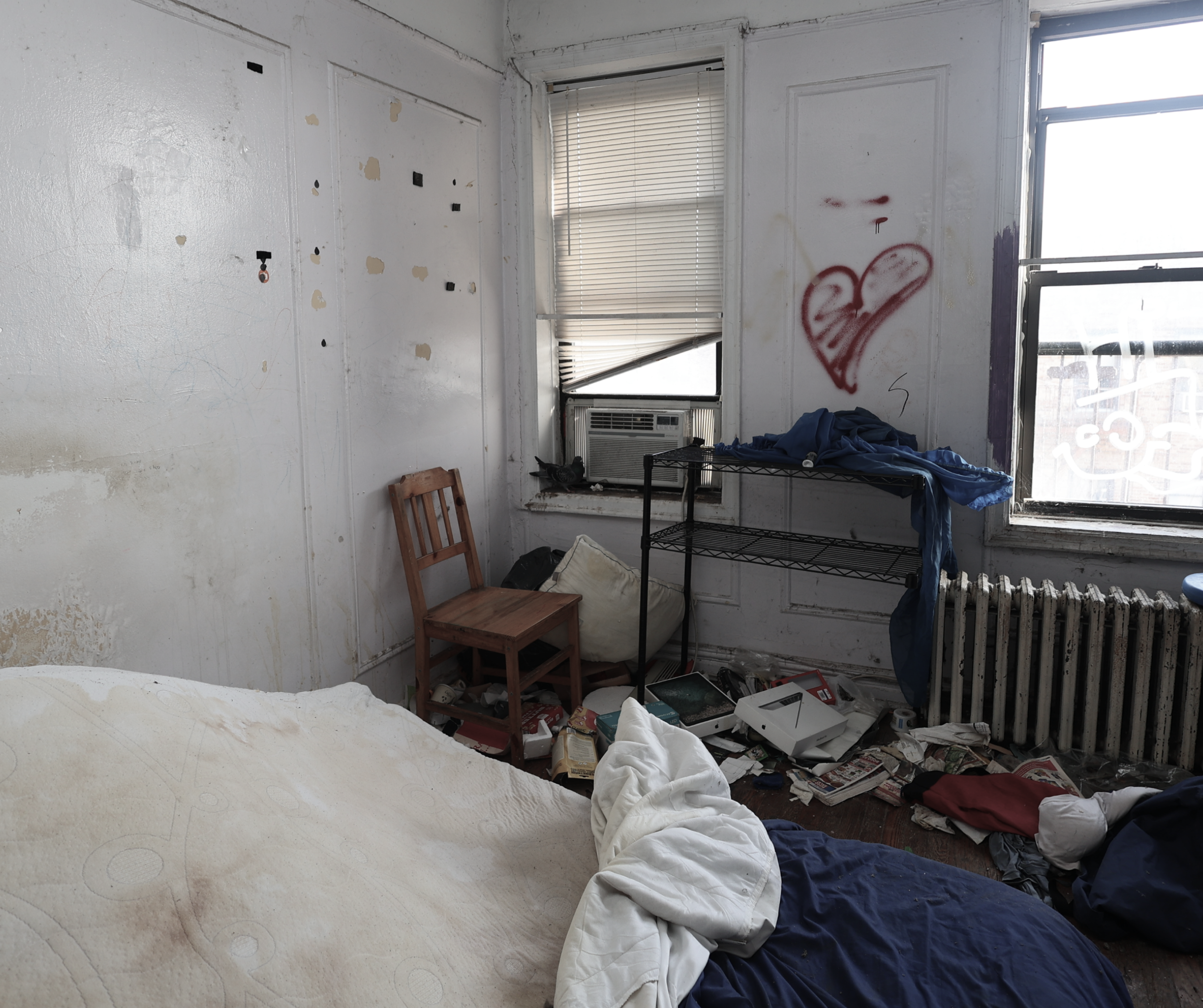No One Benefits From a Vacant Apartment
Right now thousands of rent-stabilized apartments in NYC are sitting vacant. The reason? The current rent laws make it impossible to rent them. How is this possible?
In recent years, legal changes, supply chain issues, and inflation have made the costs of maintaining and renovating rent-stabilized units skyrocket in New York. At the same time, lawmakers dramatically limited the amount that a property owner could increase the rent on a vacant unit. The intent was to stop speculators from pushing tenants out of apartments in order to increase the rents.
But the reality is that many renters move for completely natural reasons. And a lot of older renters move out of New York City to retire, be closer to family, or simply because they want to live somewhere else. These are people who live in their apartment for more than 20 years (and sometimes as long as 50 years).
Because of how the rent laws work, the legally chargeable rent in these apartments is incredibly low. Often less than $1,000. And because the tenants lived there for a long time these apartments tend to need the most renovation work, typically more than $75,000.
The $75,000 renovation cost nets the owner a legal rent increase of either $83 or $88 depending on the size of the building. Basically it would take 75 years for the rent increase to pay off the renovation. But the rent increase is only temporary. After 30 years the owner has to reduce the rent, with compounded interest.
Here is the kicker though, a rent-regulated apartment with a rent lower than $1,500 is losing money simply on operating costs. That includes maintenance, labor, fuel, utilities, insurance, administrative costs, mortgage payments, and a host of mandatory inspections under city laws. And that estimate was before inflation skyrocketed, potentially adding more than 10% to costs. By far the biggest cost for these apartments is property taxes, which is where roughly a third of a rent check goes.
Some may say, “why don’t you just rent out the unit without making improvements?” The answer is because it is not legal to do so. Under the current laws, tenants in occupancy can live in apartments where the plumbing, electrical or lead conditions may not be up to the current housing code standards. The owner has no power to make these improvements unless the tenant agrees. But when the tenant leaves, the owner has a responsibility to fix all of these things before they rent the unit back out.
So, when the owner gets these units back, many of them are seeing them for the first time in over 20 years. In some cases, the plumbing and electrical are not up to code. Or the walls and door frames need to be completely replaced to make the unit lead-safe. The renovation work is necessary, not a choice.







